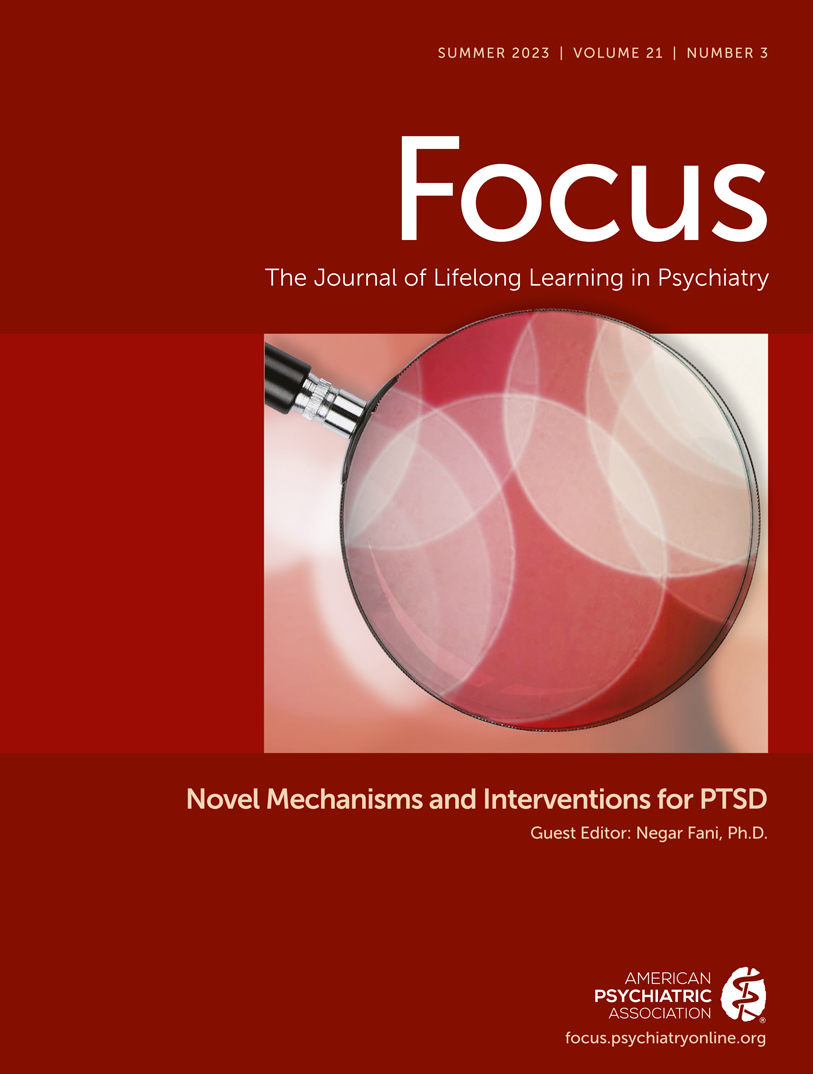A Review of MDMA-Assisted Therapy for Posttraumatic Stress Disorder
Abstract
Posttraumatic stress disorder (PTSD) is a common chronic and disabling psychiatric disorder that may develop after exposure to a traumatic life event. There are existing evidence-based psychotherapies and pharmacotherapies for PTSD; however, these treatments have significant limitations. 3,4-methylenedioxymethamphetamine (MDMA) was granted “breakthrough therapy” status by the U.S. Food and Drug Administration (FDA) in 2017 for the treatment of PTSD in conjunction with psychotherapy after preliminary Phase II results. This treatment is currently being investigated in Phase III trials with anticipated FDA approval of MDMA-assisted psychotherapy for PTSD in late 2023. This article reviews the evidence base for MDMA-assisted psychotherapy for PTSD, pharmacology and the proposed causal mechanisms of MDMA, risks and limitations of the current evidence, and challenges and future directions for the field.



